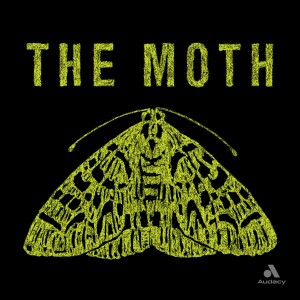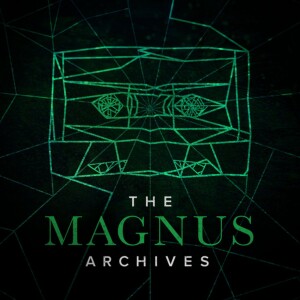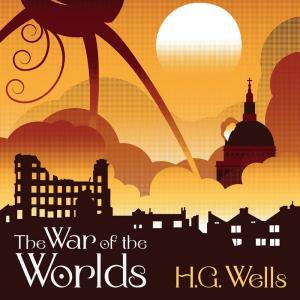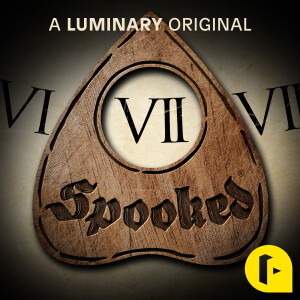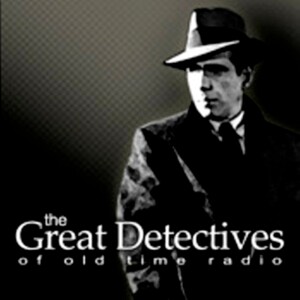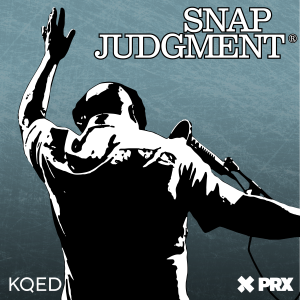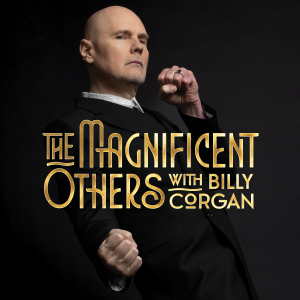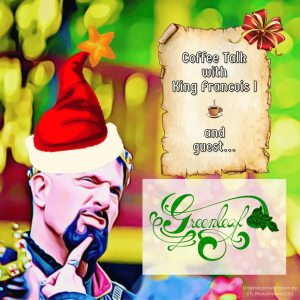

Episode 8 - Holiday Renaissance Episode with music performed by the Greenleaf Singers
Episode 8:
Bonjour! Episode Eight brings you a special holiday Renaissance episode where we will discover the sounds of the Greenleaf Singers, an exciting St. Louis based vocal ensemble specializing in a cappella music of the Renaissance. The ensemble’s main performances each year are at the St. Louis Renaissance Festival, mid-September through early October, and the Eliot Chapel Renaissance Madrigal Theatre and Christmas Rout in Kirkwood, Missouri. In addition, the group presents a Christmas concert the second Friday in December as well as a spring performance.
Where to find more about the Greenleaf Singers:
- Website - https://greenleafsingers.org/
- Facebook - https://www.facebook.com/greenleafsingers/
Personent hodie by Anonymous
We began our musical journey with a piece Greenleaf performed as their processional during their Christmas 2022 performances, Personent hodie. The original tune comes from Piae Cantiones (meaning devotional songs), a 1582 collection of songs by Theodoricus Petrus of Nyland, Finland. The version the ensemble sang was arranged by Greenleaf’s new Artistic Director, Tristan Frampton.
Fine Knacks for Ladies by John Dowland (1562-1626)
John Dowland is considered one of the greatest song writers of Renaissance England. Dowland delighted audiences and nobility as a fine singer and accomplished lutenist, the Renaissance equivalent of the modern rock/pop star. He gained his greatest success and recognition as an English musician with his First Booke of Songes or Ayres of Fowre Partes. Dowland’s compositions were not only sung in the home but were performed for monarchs, as well.
Fine Knacks for Ladies, a witty, spirited madrigal was one such piece. It is divided into three main sections and made up of three verses. Dowland exquisitely merges music and text to show that love is found in the heart rather than in trinkets and toys, and that love will remain simple and true when it is rooted in the heart.
Following Fine Knacks for Ladies will be Dowland’s Come Again, Sweet Love, included in his First Booke of Songes or Ayres, published in 1597. Come Again, Sweet Love originated as a lute song, performed by vocal soloist and lute. But, like many of Dowland’s lute songs, this delightful, yet bitter-sweet love song was also scored for vocal ensemble, the version of which you will hear today.
El Grillo (The Cricket) by Josquin des Prez (1440-1521)
Josquin des Prez was a very influential Catholic-Flemish composer of the late Middle Ages and early Renaissance eras. Des Prez has been called the Master of Notes for his masterful composition technique and vast output of sacred and secular works. Josquin worked in Milan, Rome (under the Pope in the Papal chapel), and Paris.
Josquin’s El Grillo falls into the genre of a frottole, a comedic or humorous song scored for three to four voices in a homorhythmic or chordal style. According to some scholars, this piece was about a colleague of Josquin’s, singer Carlo Grillo, who’s last name translates as “cricket.”
El grillo e buon cantoreche tiene longo verso
Dale beve grillo canta
El grillo e buon cantore The cricket is a good singer
Who sings for a long time
The cricket sings just for fun
The cricket is a good singer Ma non fa come gli altri uccelli
come li han cantato un poco But unlike the birds who
Fly off when they've sung a little Van' de fatto in altro loco, sempre el grillo sta pur saldo
Quando la maggior el caldo
alhor canta sole per amore. The cricket just stays where he is
When the weather is really hot
He sings only for love.
Fa Una Canzona by Orazio Vecchi (c.1550-1605)
The second Italian selection, Fa Una Canzona, was penned by Orazio Vecchi, a late Renaissance Italian composer known mostly for his madrigal comedies. The light-hearted piece kindly translates itself into English in the second verse.
Il bianco e dolce cigno by Jacques Arcadelt (1504?-1568)
We conclude our Italian trip with Il bianco e dolce cigno (The Sweet White Swan), composed by Jacques Arcadelt, a Franco-Flemish Renaissance composer. He is most well known for his madrigals. This particular madrigal is a setting of a highly emotional poem by Alfonso d’Avalos, describing the different fates of “blissful death” involving human and swan.
ed io piangendo giungo al fin del viver mio.
Strano e diversa sorte
ch'ei more sconsolato, The sweet white swan dies while singing,
and I while weeping reach the end of my life.
What a strange and different fate,
for he dies comfortless, Ed io moro beato.
Morte, che nel morire
M’empie di gioia tuto e di desire.
Se nel morir altro dolor non sento
di mille morte il di sarei contento. while I die a blissful death,
a death which
fills me with joy and desire.
If I feel no other pain than this in dying,
I should be content to die a thousand deaths a day.
When Allen-a-Dale by Robert L. de Pearsall (1795-1856)
Our final non-holiday selection, When Allen-a-Dale, comes from the English born composer, Robert L. de Pearsall who lived from 1795 to 1856. When Allen-a-Dale is an expressive tale of one of Robin Hood’s trusted compatriots. The text speaks of his father’s origins and travails. Then, the story moves into Allen-a-Dale’s calling as a minstrel. The melismas, dynamics, and articulations create a wonderful story quite befitting the Renaissance style.
This week’s special holiday episode concludes with two Christmas themed pieces. First is, Love Came Down at Christmas. The text is Christina Rosetti's poem of the same name. The piece itself utilizes a contrafactum, or an exchanging of one text for another, a common practice during the Renaissance. In the case of this particular selection, the music is that of O occhi manza mia, composed by Orlando di Lasso, who lived from 1532 to around 1594. Enjoy this recording from Greenleaf’s last rehearsal before their final Christmas 2022 performance.
lullay my liking by Theodore A. Jander (b.1972)
Our final selection for this week’s holiday episode is lullay my liking, with the text coming from the Sloane Manuscript 2593, a collection of medieval lyrics. The music was composed by yours truly, me, eight years ago for the women of the Greenleaf Singers. They premiered the piece in December of 2014. You will hear a rehearsal performance recording from seven years ago of the women of the Greenleaf Singers. I hope you enjoy this Christmas musical offering!
--------
If you are a performer, merchant, or diehard patron in or of the Renaissance Festival world and would like to be featured on Coffee Talk with King Francois I, reach out to me by way of clicking on the following link: https://www.theodorejander.com/coffeetalkpodcast.
Podcast music, Coventry Carol, edited by Theodore Jander.
Would you like to receive early access every week to each new episode as well as receive a behind-the-scenes glimpse into the production and creative process for the podcast? If so, join the wonderful community of listeners supporting the show and making new things possible through Patreon. Learn more at: https://www.patreon.com/CoffeeTalkwithKingFrancois.
Found out more about your host, Theodore Jander, at:
- Website - Theodore Jander.com
- Instagram - theodore_jander
- Amazon - A Journey Begun Through Poetry and Inspirational Thoughts
More Episodes
All Episodes>>You may also like
Create Your Podcast In Minutes
- Full-featured podcast site
- Unlimited storage and bandwidth
- Comprehensive podcast stats
- Distribute to Apple Podcasts, Spotify, and more
- Make money with your podcast



